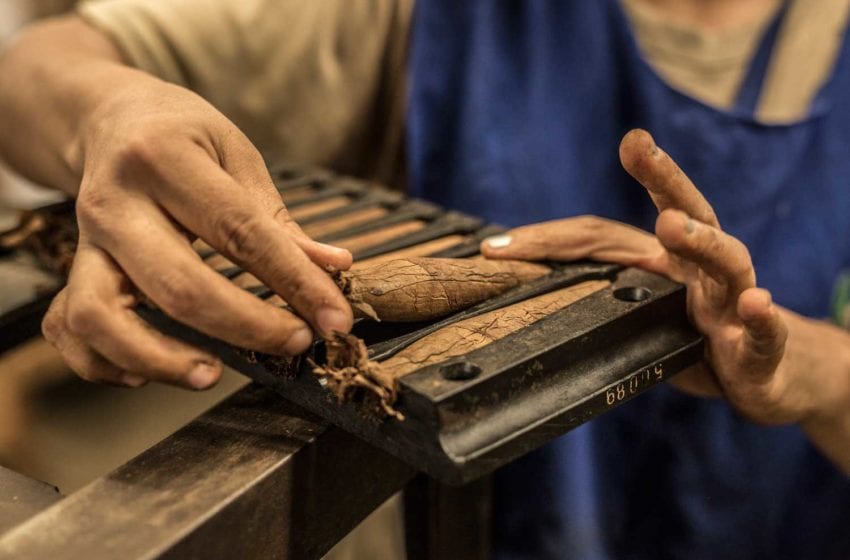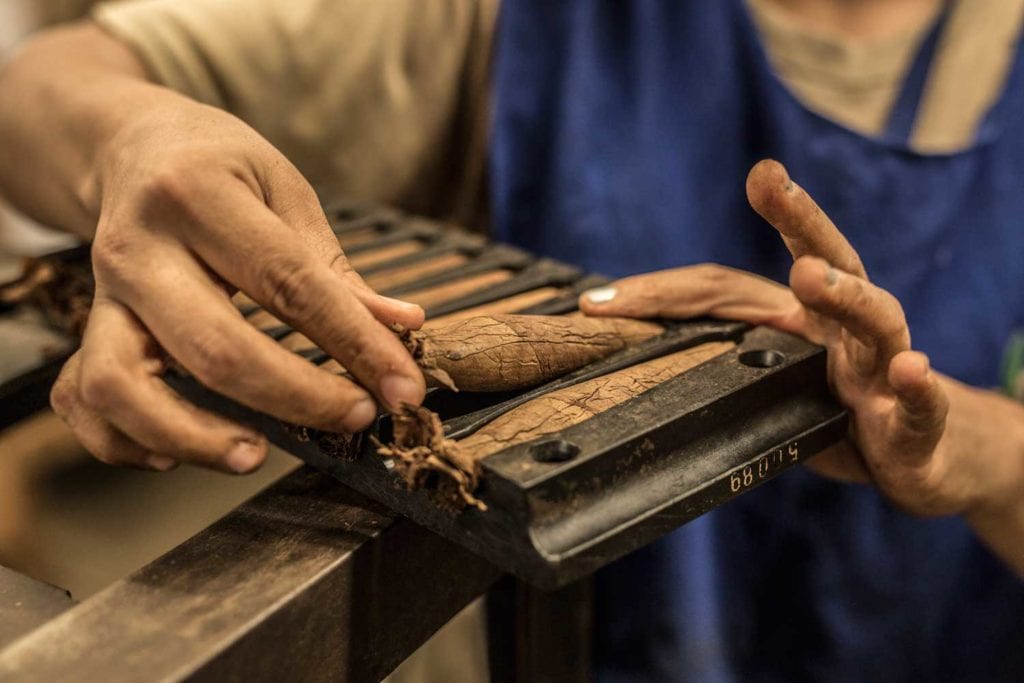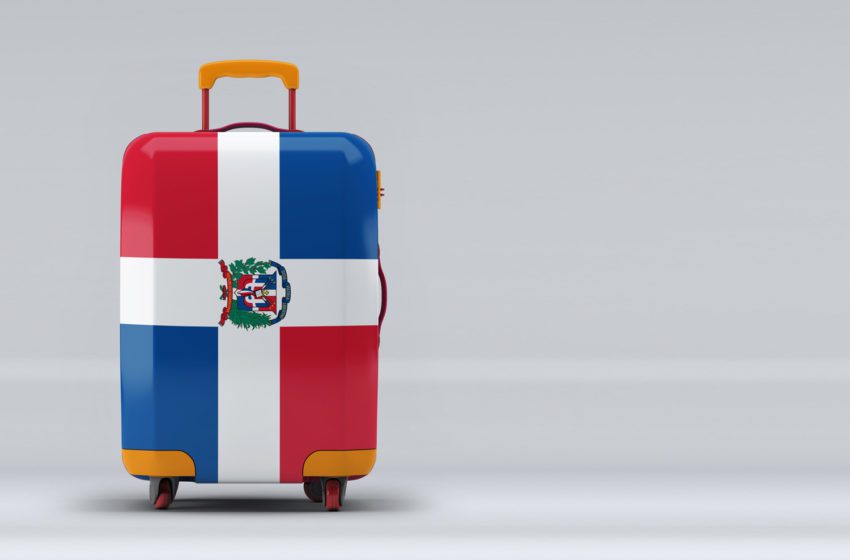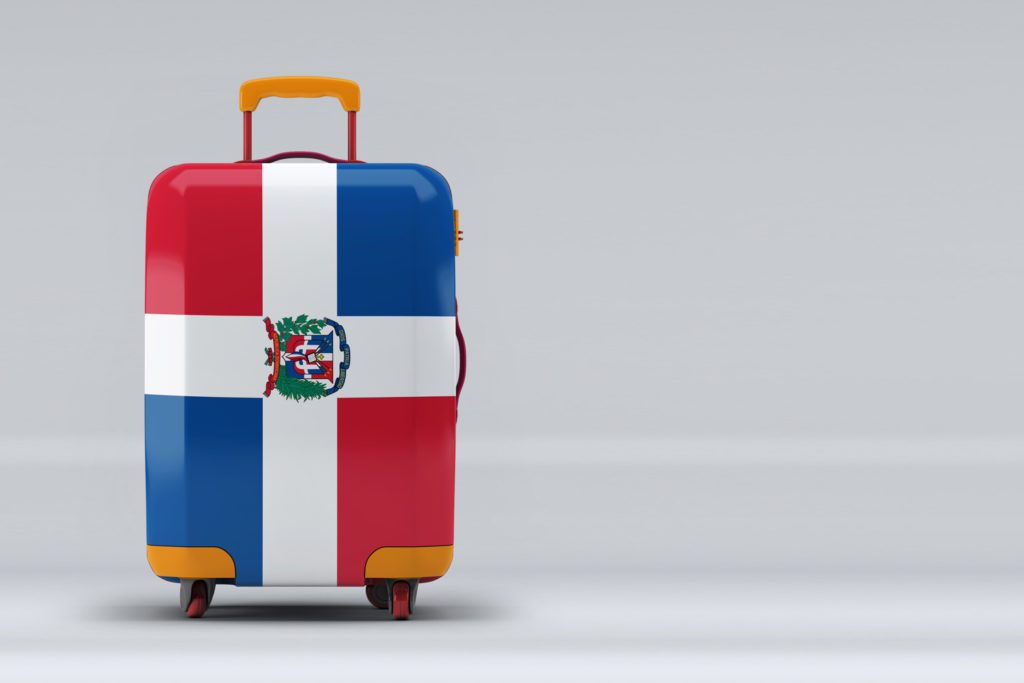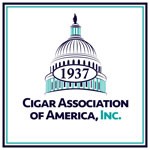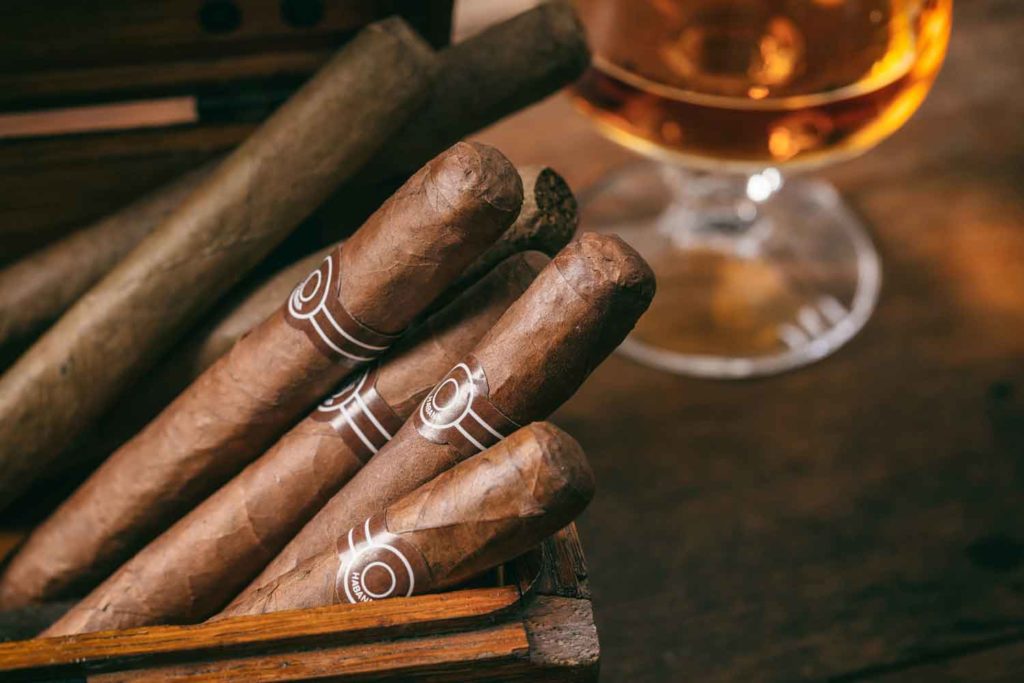
The Premium Cigar Association (PCA) briefed Brian King, the new director of the Center for Tobacco Products (CTP), on the industry’s issue set and the association’s priorities.
The briefing, which was one of King’s first engagements with stakeholders, covered material facts about the uniqueness of the products, legislative history, current health data, economics and impact of regulatory efforts.
King was joined by several other members of the U.S. Food and Drug Administration, including Michele Mital, deputy director of the CTP. The PCA was represented by Greg Zimmerman (The Tobacco Co.), Scott Regina (Emerson’s Cigars), Mike Condor (Crowned Heads), Scott Pearce (PCA), Joshua Habursky (PCA) and Patrick Anderson (PCA consultant).
“Director King is a researcher, and we urged him to lean into that part of his background and shed the current mantel that CTP wears—‘tobacco-free’ ideology is not what the Tobacco Control Act authorized,” said Zimmerman, president of the PCA, in a statement.
“A lot of time and money has been spent by the government to try and justify FDA’s efforts to regulate premium cigars. While PCA is proud of our wins in defense of the industry, what we really need them to understand is that they are not achieving their own goals when they take broad sweeping approaches to regulation,” said Pearce, executive director of the PCA.
“As long as the FDA remains our regulator, there needs to be productive dialogue. The necessity for the FDA to be aggressive toward premium cigars is not prudent, and we are hopeful that this personnel change will represent a departure from the past actions that were based on a one-size-fits-all approach,” noted Habursky, deputy executive director and head of government affairs for the PCA.

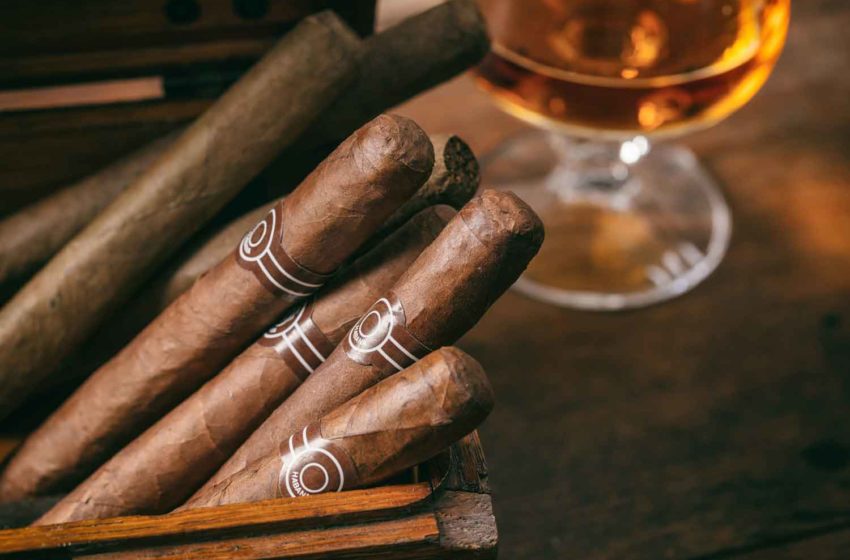
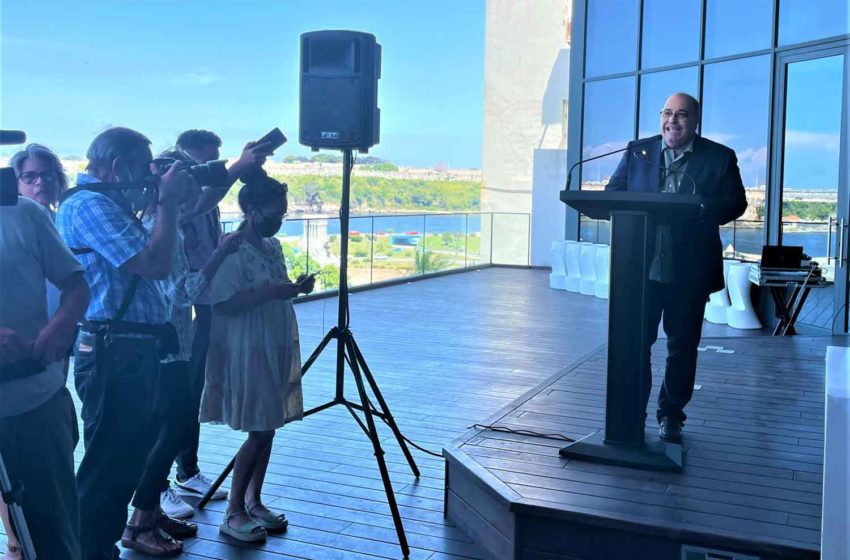

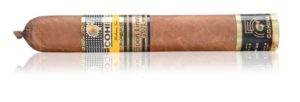 He mentioned Cuba’s “always present” former leader Fidel Castro who first launched the Cohiba brand in 1966 and passed away in 2016. “It has not been an easy 55 years. We have had to be very innovative, which is normal for Habanos,” Cintra Gonzalez said through a translator. “But for this [exquisite] brand, because of the love everyone puts into the brand … especially the hands of the torcedors in El Laguito who put in so much effort … remains a favorite of consumers around the world.”
He mentioned Cuba’s “always present” former leader Fidel Castro who first launched the Cohiba brand in 1966 and passed away in 2016. “It has not been an easy 55 years. We have had to be very innovative, which is normal for Habanos,” Cintra Gonzalez said through a translator. “But for this [exquisite] brand, because of the love everyone puts into the brand … especially the hands of the torcedors in El Laguito who put in so much effort … remains a favorite of consumers around the world.”
